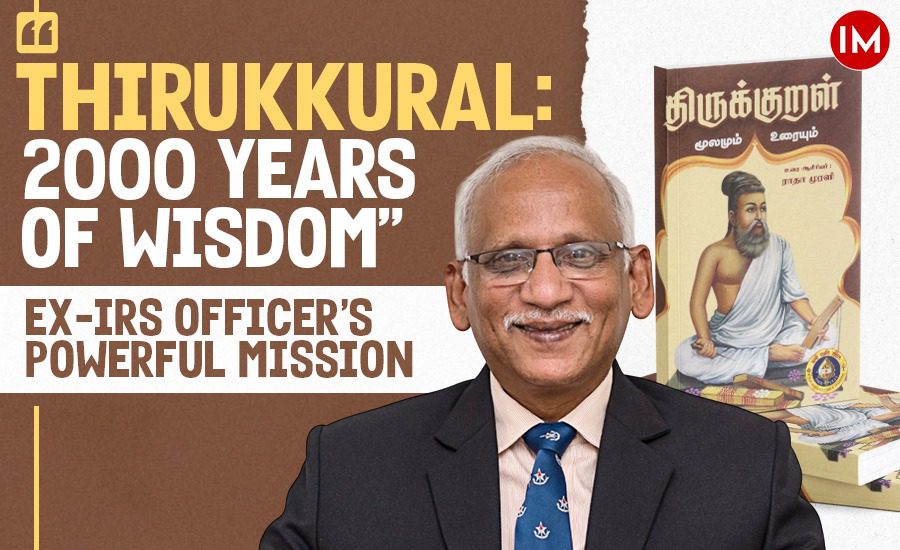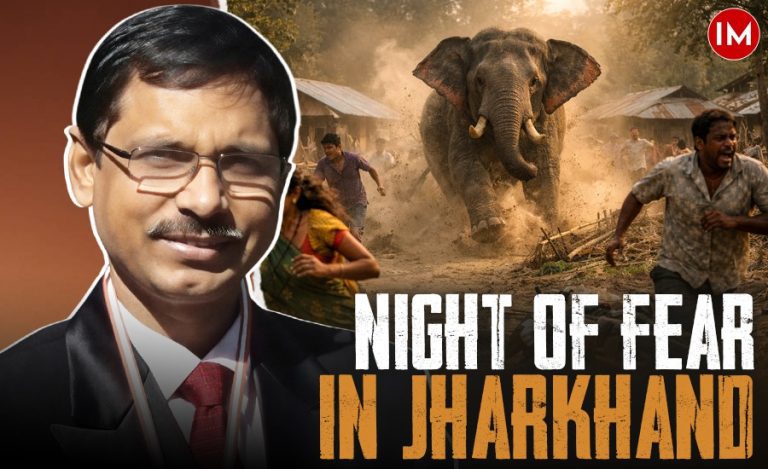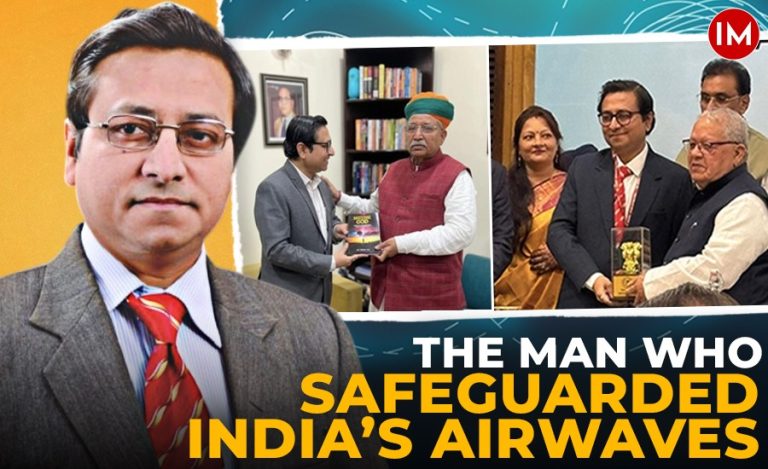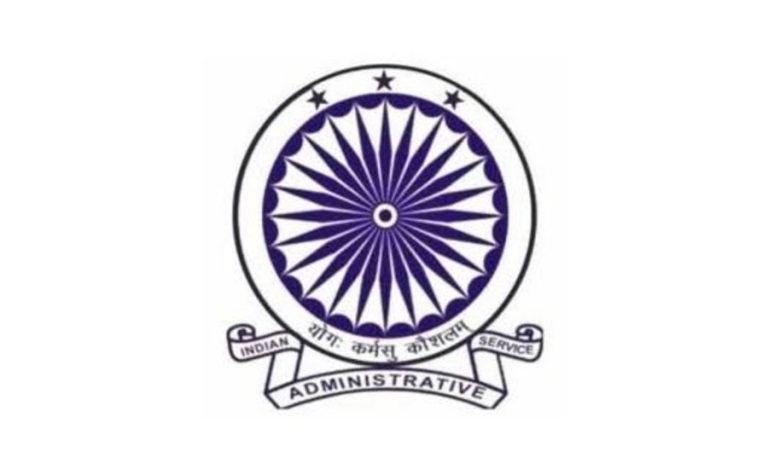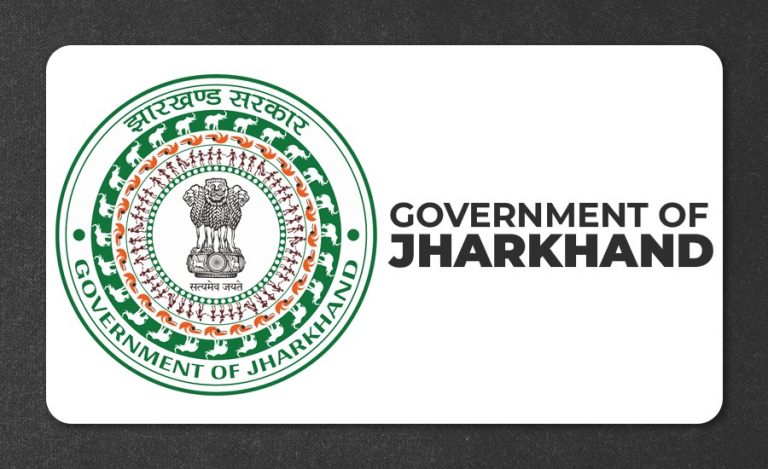In a captivating interview, C. Rajendiran, a retired Indian Revenue Service (IRS) officer and ardent scholar of Thirukkural, unveiled the profound relevance of this 2,000-year-old Tamil masterpiece, weaving together personal anecdotes, literary insights, and a vision for its global legacy. The conversation, rich with passion and wisdom, showcased why Thirukkural—penned by the enigmatic poet Thiruvalluvar—remains a beacon for ethical living, governance, and human connection.
WATCH THE INTERVIEW HERE–
Rajendiran, a 1985-batch IRS officer with a Master’s in Mathematics and a President’s award for meritorious service, shared how his journey from rural Tamil Nadu to Singapore sparked a lifelong devotion to Thirukkural. “In Singapore, I saw parallels between Confucius’s influence on Chinese civil services and Thirukkural’s potential for modern governance,” he said, explaining the genesis of Voice of Valluvar (VoV), his initiative to propagate the text’s universal values. From mentoring schoolchildren to training Group ‘A’ officers, Rajendiran’s mission is to embed Thirukkural’s principles—righteousness (Aram), wealth (Porul), and love (Inbam)—into everyday life.
What sets Thirukkural apart, Rajendiran emphasised, is its scientific precision. Each of its 1,330 couplets adheres to the kural-venba form, a seven-meter poetic structure that distils profound ideas into concise, memorable lines. “It’s like hardware and software, body and soul,” he said, citing a couplet that likens the husband-wife bond to an inseparable union of love and purpose. This metaphor, he noted, underscores the text’s ability to address human relationships with psychological depth, a foresight that aligns with modern sociology and ecology.
Rajendiran’s scholarship shines in his books, Thirukkural-uvamai nayam and Pamararukum Parimelazhagar, which decode the text’s metaphors and simplify ancient commentaries for all readers. His VoV initiatives—weekly book reviews, a Telegram group with nearly 400 members, and memorisation camps for children—have inspired thousands. “Children aged 6 to 14 memorize all 1,330 couplets, transforming their discipline and values,” he shared, noting that 147 students received Tamil Nadu government awards last year for this feat.
The interview revealed Thirukkural’s influence on figures like Mahatma Gandhi, who drew from its emphasis on truth, and Verghese Kurien, whose Amul model echoed its principles of distributive wealth. Rajendiran’s vision is bold: to establish Thirukkural as a national book, integrated into civil service training. “Its maxims are timeless,” he said, advocating for its study to foster ethical governance and societal harmony.
As VoV grows, Rajendiran envisions a global legacy for Thirukkural, translated into 62 languages and counting. “It’s a standard operating procedure for joyful living,” he concluded, inviting all to embrace its secular wisdom. This interview, a testament to one man’s dedication, proves Thirukkural is not just a text but a transformative force for a better world.

